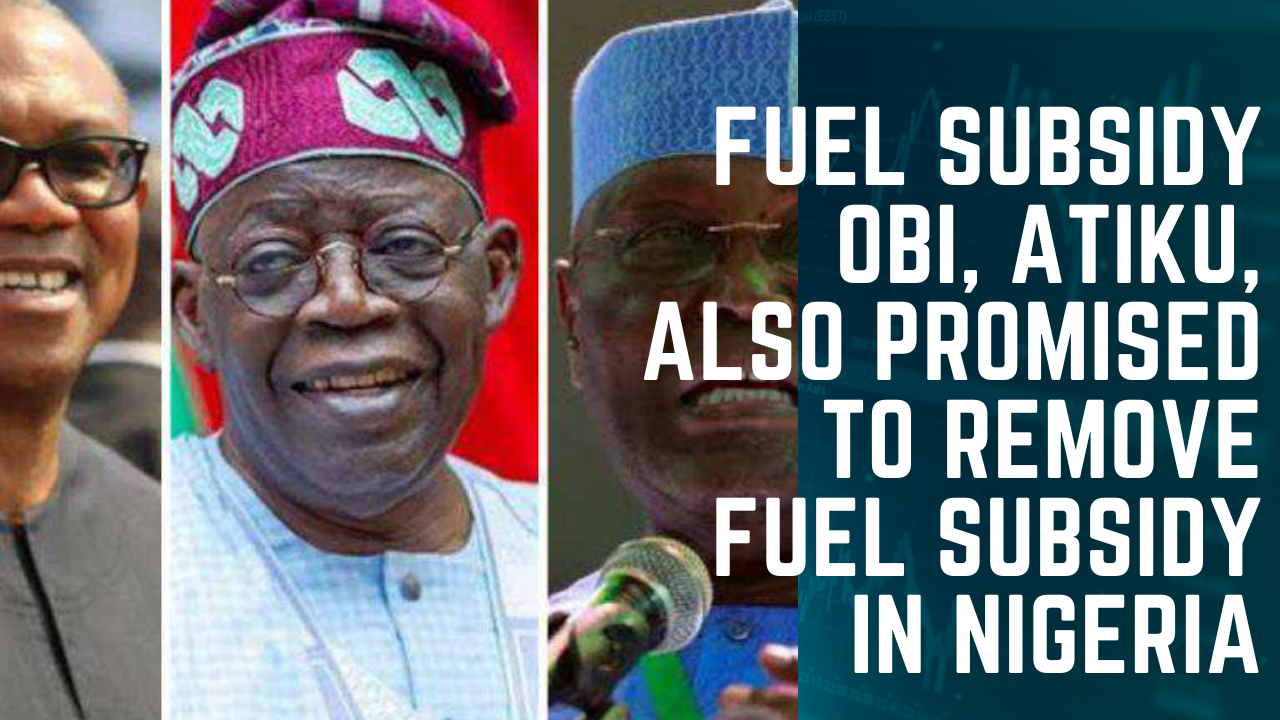WHAT IS FUEL⛽ SUBSIDY IN NIGERIA
Fuel subsidy in Nigeria refers to the government’s policy of providing subsidies on petroleum products (primarily petrol or gasoline) to keep the cost of fuel relatively low and affordable for the citizens. The subsidy is usually given to oil marketers who import fuel into the country and is meant to help mitigate the effects of fluctuating oil prices in the international market. The subsidy program has been in place for several decades, but it has been widely criticized for corruption, inefficiency, and mismanagement, as well as for draining public funds and hindering the development of alternative energy sources.
What will going to happen about remove the subsidy of petroleum:

If you ask government officials why? they pussyfoot around the corrupt venture called fuel subsidies, their favourite excuse is that removing them will deepen Nigerians’ woes. They claim that the attendant higher prices of fuel will have a multiplier effect on all other products and tank the standard of living. Ironically, the dystopia they consistently say they want to avoid for us is already the everyday reality of many Nigerians. Even without removing the subsidies, the costs of goods and services keep outpacing people’s purchasing power. The deepened woe they claim to be avoiding is how we live currently. So, what good has their benevolence achieved?
If the fuel subsidy is removed in Nigeria, the price of petrol is likely to increase significantly. This is because the current fuel subsidy program allows marketers to sell petrol below the market price, which means that they are compensated for the difference between the market price and the subsidized price by the government. If the subsidy is removed, petrol prices will rise to their true market value, which may be higher than what most Nigerians can afford. This will ultimately lead to an increase in the cost of living, as the prices of goods and services will also rise due to the increase in the cost of transportation. However, the removal of fuel subsidies could also have some positive effects, such as reducing government spending on the subsidy program and redirecting these funds towards other sectors or projects that could benefit Nigerians in the long term.
